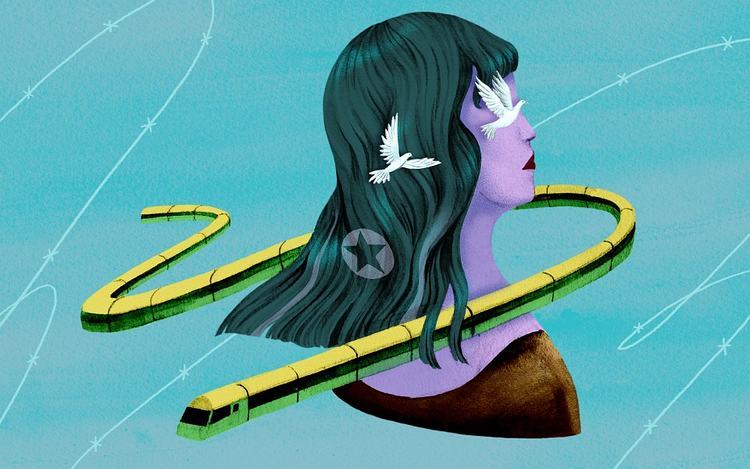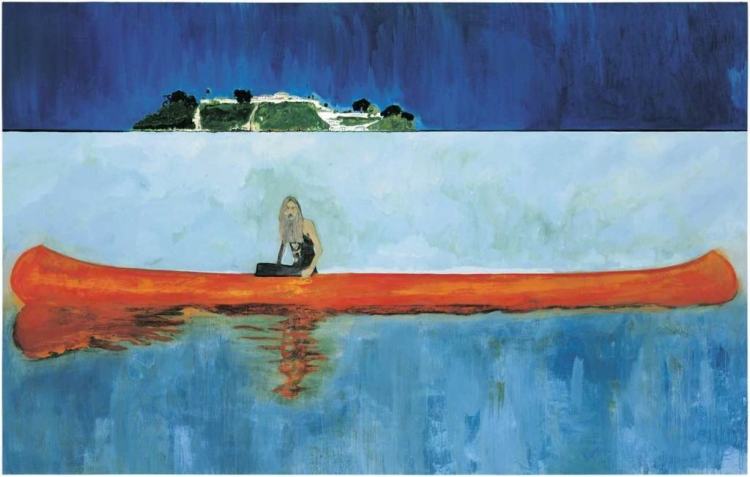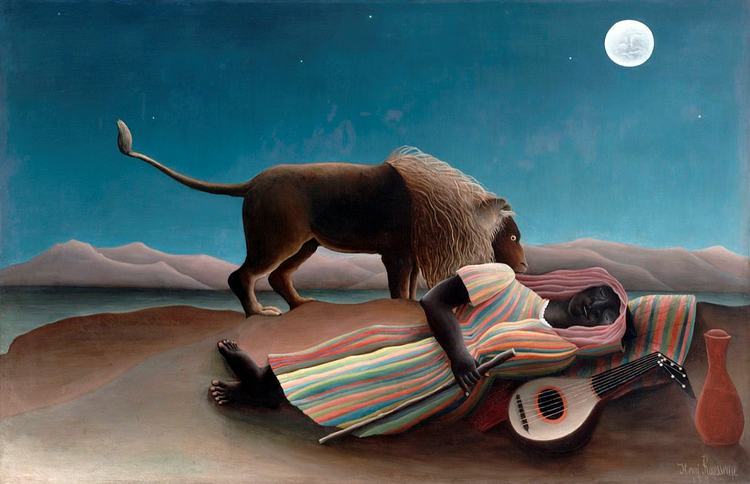The Philosophy of Dreaming

Featured image: The Knight's Dream (c. 1655) by Antonio de Pereda. A young nobleman has fallen asleep in an armchair on the left, his head, pale with sleep, supported by one hand. The content of his dream—the world and its vanity—is displayed on the table on the right, against a pitch-black background.
The act of dreaming and dreams themselves have long fascinated philosophers. There are ontological and epistemological questions to consider: Do we follow Plato and René Descartes in sceptically doubting what our senses tell us? Could we be dreaming now? There are also psychological questions to contemplate: Are dreams messages from ‘the unconscious’, as hypothesised by Carl Jung and Sigmund Freud? Then there is the nature of our mind: Does dreaming have an evolutionary purpose? Are we conscious when we do it? Do we dream at all?
We speak to Ben Springett, a specialist in the subject, to gain a unique insight into the philosophy of dreaming.
Hi, Ben. How are you?
‘Good. How about you: how is your dream life going?’
I’m good, thank you. I think I had another good dream last night—but I forgot what happened (again). Maybe it didn’t stop? Ha. Tell our readers a bit about your philosophical background. What and where did you study. What’s your role now?
‘I studied a mixture of continental and analytic philosophy at Cardiff University, then did a Masters in analytic philosophy at Bristol and stayed there for a PhD in philosophy of mind, focussing on dreaming. I have taught philosophy at Bristol and Birkbeck. I’m currently unaffiliated with a University although I continue to research dreaming as an independent scholar.’
How did you get into researching the philosophy of dreaming?
‘Before going to university, I studied psychology, and dreaming caught my interest because I’ve always been a huge fan of sleep. We have these intense experiences we undergo which we then quickly move on from and forget about, and this happens over and over again until we die.
‘I was, and still am, puzzled by both dreaming and our dismissive attitude towards dreaming. Even when we get on with our lives in ignorance of dreaming, we occasionally recall dreams and find they can sometimes provide profound social commentary on our lives as though an art-house director is following us around.
‘As an undergraduate, I was interested in the philosophy of psychology and philosophy of mind. I noticed that our scientific and theoretical understanding of mental states lags behind in the case of dreaming so I wanted to pursue this issue further.’
The topic seems to spill over into many domains. Does this make it a collaborative, multidisciplinary area of research?
‘It is when the research is being done well, e.g. philosophers are aware of the science, and scientists are aware of the philosophical issues. In Dreaming Souls, p.17, (2000) Owen Flanagan provided a useful diagram for dream research.

‘That was twenty years ago. I’d expect to see a few more bidirectional arrows going between the disciplines and some more—perhaps peripheral—disciplines too (like media studies, economics and political science—if we think dreaming can be affected by media, financial status and the political climate).’
What are your favourite unanswered questions in the field?
‘My favourite question is one inspired by Freud: what is the exact relation between dreaming and the workings of the subconscious mind? But there are lots of other questions, which, if answered, would be revelatory about human nature: To what extent do we have agency in our dreams compared with wakeful life? Can a better understanding of dreaming help us better understand mental health? How does dreaming relate to the rest of the mind? Will we ever be able to meaningfully interpret our dreams? What could definitively prove that dreams are the rich experiences during sleep that we think they are?’
So is it possible that we aren’t even conscious during sleep?
‘There are good reasons to believe that we are conscious during sleep and that there is something it is like to dream: on the face of it, it’s the simplest explanation; we recall dreams as though they were conscious; there’s plenty of brain activation during sleep; memory and brain activation are usually sufficient to qualify a conscious experience; and people can apparently communicate from a lucid dream. But these reasons, even when taken together, aren’t definitive. So, annoyingly, yes, the possibility that we aren’t even conscious during sleep still hasn’t been ruled out—although I’d like it to be ruled out. Norman Malcolm (Dreaming, 1959) and Daniel Dennett (“Are dreams experiences?”, 1976) considered this possibility. More recently, Tom Stoneham has argued for something like this view in chapter 6 of Acquaintance: New Essays (2019). If we’re not conscious during sleep, then an explanation is owed why we wake up with these “memories” of dream experience.’
In one paper you discuss the evolution of dreaming. What were your conclusions about its purpose? Is dreaming ‘for’ anything?
‘Consider how many theories there are that purport dreaming is for this or that purpose (that dreaming is an adaptation)—to keep us asleep; for getting rid of useless information; for storing useful information; for rehearsing and surviving threats; for practising our social skills—to name a few. In his Dreaming Souls, which I mentioned earlier, Flanagan criticised the adaptationist assumption that dreaming must be for something and argued all of these theories do not have sufficient evidence to support them. He argued that dreams are purposeless, that they are not for anything: they are side-effects of a conscious human being asleep. But, against Flanagan, I claim this doesn’t have enough evidence in its favour either. To say whether or not dreaming is or isn’t purposeful would require us to show that the dream experience itself has a positive effect on survival or show that it has no such effect. But we don’t know whether the mind has causal effects at all in the world. So we can’t say whether dreaming is for anything or not. There is a fact of the matter, but it may be beyond our ability to work out.’
Fascinating. What would you say the biggest misconceptions about dreaming are?
‘As I already alluded to, dreams seem to tell us something about ourselves. So thinking they’re pointless and should be ignored is a misconception. The claim that dreaming is just the imagination during sleep is another misconception, in my view. Dreaming isn’t cleanly reducible to mental states we’re more familiar with in wakefulness like perception, hallucination, or imagination.’
Who are the biggest leaders in the field?
‘Jennifer Windt is the leading thinker in this area. Her article “Dreams and Dreaming” on Stanford Encyclopaedia of Philosophy is a good way in to the topic. (And if you have a spare year, her 800-page book Dreaming (2015) is a landmark read in the field.)’
Which philosophers and philosophies have inspired you most?
‘Any philosopher who has taken the time to really focus on the nature of dreaming on its own terms and written a book-length study has inspired me. This includes people like Norman Malcolm, and Owen Flanagan, even if they came to conclusions I disagree with. Any attempt to philosophise about dreaming would be depleted without empirical work, from Freud and Jung to J. Allan Hobson and many others. As for philosophies, I have been influenced by the more cautious approaches which challenge even our most basic assumptions about dreaming.’
What would you say to anyone wishing to research dreaming too?
‘As we’ve both said, it’s rightly an interdisciplinary area. So work out what angle you want to research dreaming from. You could contribute knowledge to our understanding of dreaming from any discipline, even those not mentioned above. My final piece of advice would be to get a good night’s sleep.’




